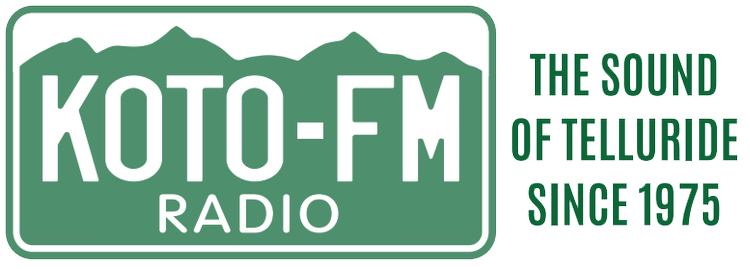By Julia Caulfield
As dusk falls over Telluride on cool Thursday evening around fifteen members of the community hold a candlelight vigil for Palestine in Elks Park.
“A vigil is an opportunity to come together in a more spiritual way, a more mournful way, to be able to honor and hold sacred space for the events that are taking place right now,” says Lauren Norton one of the organizers of the vigil.
“Candlelight vigils are intentionally peaceful. Candlelight vigils are intentionally an opportunity to grieve our collective humanity and our collective losses. I hope that even though there’s a sign here that says ‘Palestina Libre’, I hope everyone gets the sense that all we want is an end to violence and an end to our dollars being used to fund, in my eyes a genocide, in others eyes a war, in others eyes a conflict. That, for me, has been going on for far too long and caused way too much harm. The opportunity to come together and see people coming together is powerful for Telluride even in these quieter off season moments,” says Norton.
As the group gathers, people share thoughts on why they joined this evening.
“In my eyes, even if this isn’t productive in the sense that we would ideally want it to be, Palestinians also just deserve to be honored and mourned and thought about on a day to day level,” one member says. “I’m doing this for them, even if it has no impact whatsoever. I feel like it’s my responsibility to at least try to have our voices be heard because theirs are not.”
“Anger does have a place and it’s important to feel anger and anger is like a nuclear energy. It can be used destructively, but it can also be used to fuel good. It felt good because I feel anger,” another shares. “Hope is action. When we throw our hands up, there’s nothing we can do, Telluride doesn’t matter. Then we’re not taking action and we’re not engaging in hope at all. As long as we’re doing something, there’s hope to be had for more peace.”
The group takes five minutes of silent reflection as birds whistle springtime songs, cars rumble along.
To close out the silence Norton reads the poem “If I Must Die” by Refaat Alareer.
If I must die,
you must live
to tell my story
to sell my things
to buy a piece of cloth
and some strings,
(make it white with a long tail)
so that a child, somewhere in Gaza
while looking heaven in the eye
awaiting his dad who left in a blaze—
and bid no one farewell
not even to his flesh
not even to himself—
sees the kite, my kite you made, flying up above
and thinks for a moment an angel is there
bringing back love
If I must die
let it bring hope
let it be a tale
The group heads down Main Street, in a candlelight march.
Community members plan to hold more events to show support for Palestine throughout the summer, including a “teach in” to help the public learn more about the war in Gaza.



